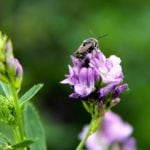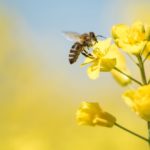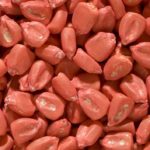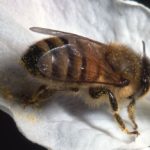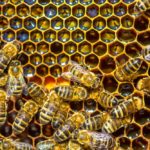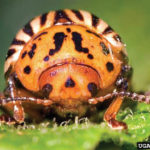Cereal, speciality crop and fruit and vegetable growers are gearing up for a final attempt to convince Health Canada that eliminating most agricultural uses of the neonic insecticide imidacloprid is an environmental step backward. The department said May 31 that an updated pollinator assessment by the Pesticide Management Regulatory Agency found that while the risks





